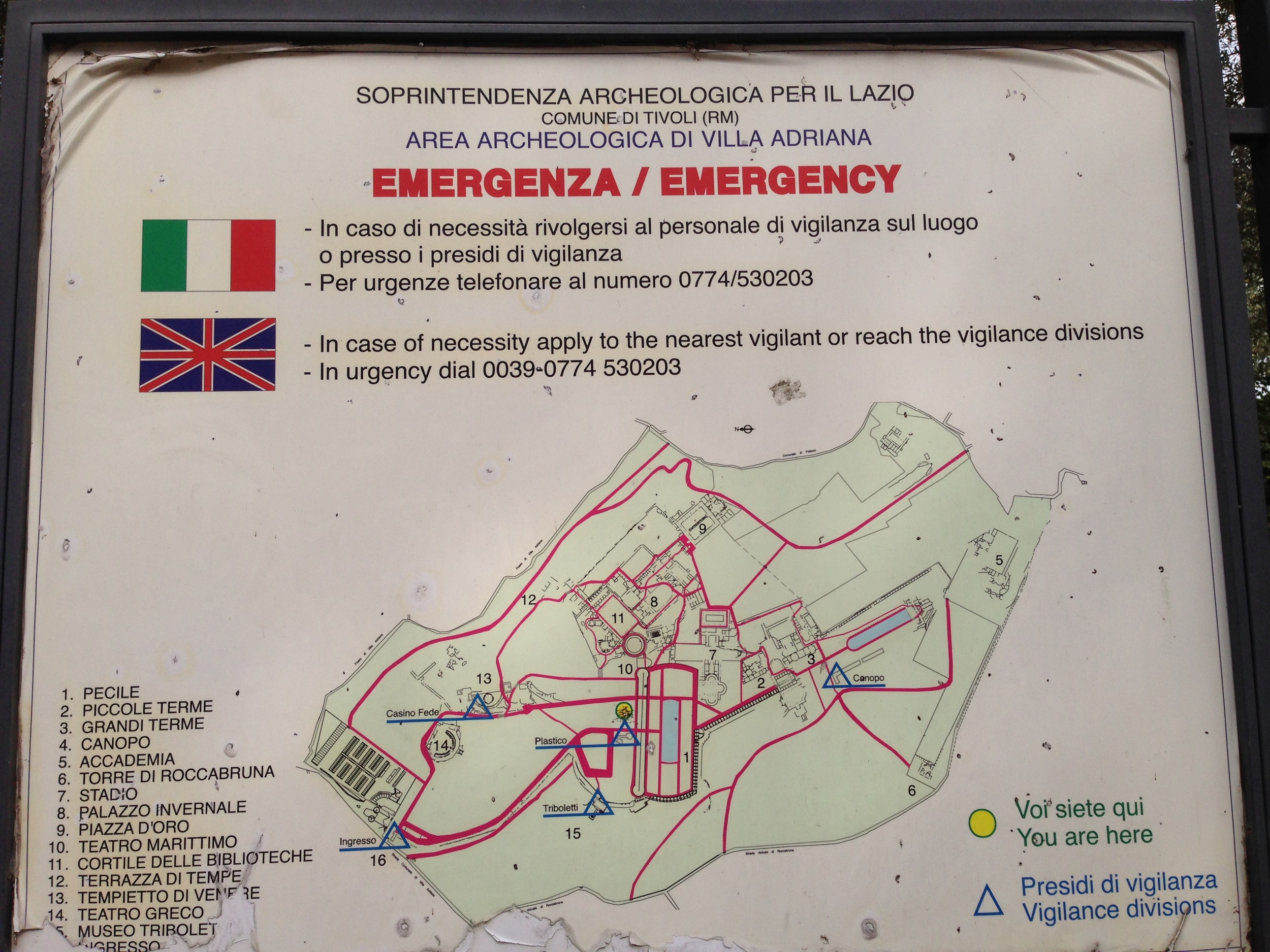My 3 Favorite Cheap Eats in Rome: Gelato Edition
/Recognize the brand? Hint: This photo was taken in Monti.
Rome is one of those wonderful places that has a gelato store around every corner. By following Katie Parla's "avoid places with the Smurfs flavor" rule, I can safely say that I haven't had bad ice cream in the eternal city. (Smurfs in Italian = i puffi, which is why a printout of Smurfette is sometimes used to indicate the bubblegum flavor). That said, I do have a preference, one that's gotten so specific it's severely cut down on my gelato intake. You see, once a girl has had awesome gelato, its hard to settle for mediocre.
So, where are my go-to places?
Because I'm about to very conspicuously omit La Romana and World Gelato, I'll caveat my preferences by saying I eat a pretty low sugar diet. This has lowered my tolerance for sweetness, so I tend to prefer desserts with subtler tastes. My preferred flavors are also nut-based (pistachio, almond, hazelnut) as opposed to vanilla or chocolate. This skews my opinion quite a bit.
Best Flavor Selection: Fatamorgana
When in Monti, no matter how cold the weather, I always make this gelato stop. I recommend going with friends. That way, you can maximize your tasting experience by trying other people's selections. I've tried my best not to repeat choices, but I have a weakness for Ricotta and Figs, Cardamom Almonds, and Zabaione with Wild Strawberries. For fans of the classics, Tiramisu, Coffee, and Dark Chocolate is a great combination.
Best Texture and Toppings: Come il Latte
If one were to compare vanilla to vanilla (or chocolate to chocolate), I think Come il Latte might win over Fatamorgana by a hair. When it comes to texture, creaminess, and high-quality ingredients, this place is hard to beat. In addition to the usual "cream or no cream" dilemma, you also get dark chocolate as an option. It's a topping I can never bring myself to turn down.
Best Overall: Gelateria dei Gracchi
Gelateria dei Gracchi is responsible for the sharp fall in my gelato consumption. Yes, you read that right--"sharp fall." You see, unlike Fatamorgana and Come il Latte, both of which are located in areas I frequent on a regular basis (Monti and Via Veneto, respectively), Gelateria dei Gracchi a bit out of the way (near Piazza Regina Margherita). Because I like it best, I often decide against wasting calories on the other places, turning the act of eating gelato into a calculated decision instead of a convenient snack. In my humble opinion, this gelateria strikes the perfect balance between innovative flavors and overall taste and texture, which makes it one of my favorite cheap eats in all of Rome.
It took me over a year of living here to settle on this extremely subjective list. Close runner ups include the aforementioned La Romana and World Gelato, as well as Pompii (which has the best tiramisu, pretty decent gelato, and is perhaps the most conveniently located for tourists--aka, near the Spanish Steps).
Do you have a favorite (cheap) place to eat in Rome? Let me know in the comments!












